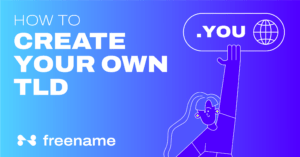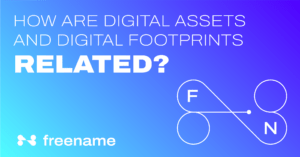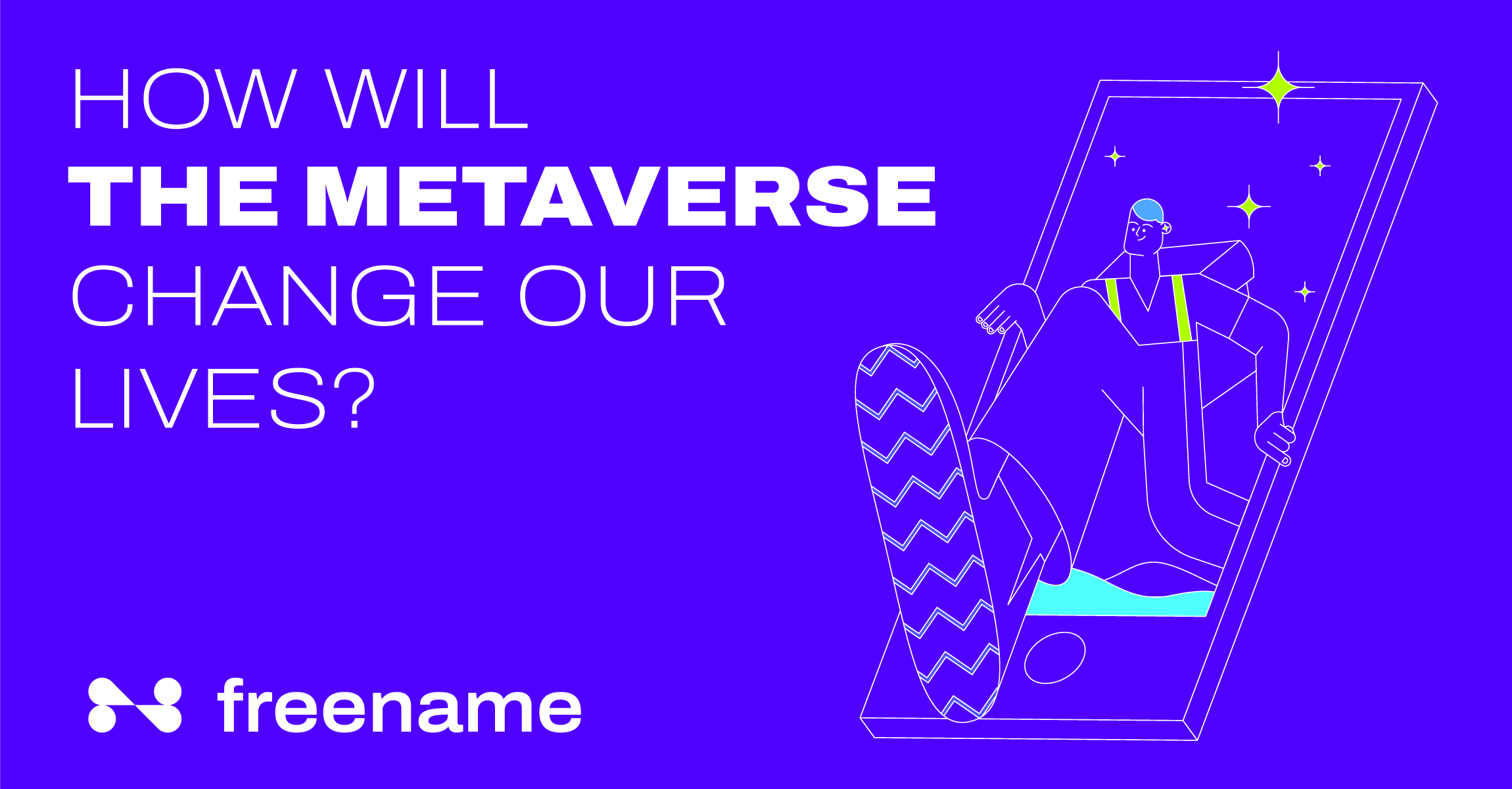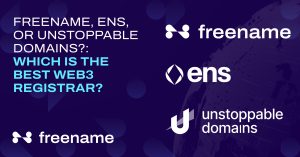With the emergence of the metaverse, one will wonder: How will the metaverse change our lives? With the announcement of Facebook Inc.’s new name, Meta, the idea of the Metaverse has left the realm of Cyberpunk and entered the realm of the real world.
However, concerns have been voiced concerning the potential negative effects that entering the metaverse could have on people’s social lives, psychological well-being, and physical health.
Exactly what it will be or how it will function is still a mystery, but it seems likely that we will soon be immersed in a hybrid world where digital avatars coexist with the physical world. It’s a new way to be yourself and engage with the world, all while being entirely enveloped by cutting-edge technology.
What is the Metaverse?
Since its inception by Neal Stephenson in 1992 for his novel “Snow Crash,” the concept of the “metaverse” has been employed in science fiction works, usually with a pessimistic outlook on how mankind will eventually become estranged from the physical world in favor of the virtual one. The Metaverse has traditionally been conceived as an all-encompassing VR setting where users’ 3D avatars can interact with the environment.
In Ernest Cline’s novel “Ready Player One,” readers are introduced to a similar notion in which users of the virtual Oasis system communicate with one another by donning virtual helmets and moving about in a digital world.
In this theory, the internet naturally develops into the Metaverse. Imagine a world where you can go to a virtual cinema, concert, game, business conference, sports event, fair, and social gathering without ever leaving your couch.
It was brought back into the spotlight when Facebook founder Mark Zuckerberg invested in a new initiative called Meta, which aims to make it possible to play, play sports, and work without leaving your living room. As a result, the metaverse is open to all forms of human connection, from professional dialogue to academic instruction by way of play.
Major corporations like Facebook are betting on this emerging reality, putting resources into it, hoping it will eventually become the norm at an affordable price. A completely novel way of life!
Everyone is understandably worried about how this way of life could eventually consume us and dull us to the value of material possessions.
How to access the Metaverse
The phenomenon has not yet been characterized. First, it’s important to know if a centralized authority will be established to control access to the Metaverse or if it will instead be left in the hands of private individuals who will each provide their unique take on the online environment. It is yet uncertain whether or not all corporations would agree to cooperate in developing a single shared Metaverse that consumers can access in various ways.
It feels like the timing is right now. Computer graphics have progressed to the point that they can simulate a world with its rules for lights, noises, and perspective. New wearable technologies and the cloud enable access to all of this information. The goal is not to create a virtual replacement for the actual world or the internet but to combine the two realities in a way consistent with the gradual shift in how we live that began with widespread Internet access.
Horizon Home, which Zuckerberg introduced at the Facebook Connect 2021 conference, appears to be the beginning of his Metaverse. Companies like Apple, Samsung, and Sony are just a few that include this feature in their newest products.
Zuckerberg’s business is already working hard on a headset that will be more comfortable to wear for long periods.
How will the metaverse change the world?
Microsoft, Alibaba, Tencent, and Epic Games, among many others, are all putting significant resources into this endeavor. The next stage in Internet development appears to be its meta version. And the prospect of making real money off the sale of purely digital commodities is starting to look very real.
Example: Microsoft has created software that allows users to join video conferences using a digital character. The fact that this innovation is hosted in Microsoft’s cloud and doesn’t even require a viewer makes it accessible to more people.
Epic Games has long been planning for the future of entertainment, which includes video games, virtual reality, and animated films. The TikTok version of ByteDance is researching converting videos to 3D.
According to Mark Zuckerberg, Facebook has begun the process leading it to transition from social networks to the metaverse by creating a lifelike virtual reality environment.
It would appear that major corporations are already invested in developing a virtual environment where people can interact in the same ways that we do in the real world (e.g., by having conversations, dancing, working, shopping, dressing up, and displaying purchased goods). Rather than having a screen between us and the content, we can experience it all with our senses in an immersive setting.
The process is still ongoing, and millions of viewers will be required to make the metaverse practical for widespread use.
Freename as Metaverse Web3 Identify
Freename TLDs and Domains can be used as your Web3 identity. You can mint and own any Web3 TLD and domain as yours forever. You can own any domain of your choice, like “bae.metaverse” or “hen.token” on multiple EVM blockchains.
Create mint and use any Web3 TLDs and Domains, with no renewal fees ever. Your Web3 identity will start with a name. Ever wanted to own “wallet.defi”, alex.ape” or even “mars.space”? With Freename you can, on multiple EVM blockchains. You can use them to log in to Metaverse apps and gain access to the NFT domains. Check out wp.freename.io, redefining the Web3 verse.
Reflections and conclusions
We are at the beginning of what promises to be the next step after the Internet, and defining what “the Metaverse” means is similar to defining what “the Internet” meant in the 1970s.
It’s difficult to predict how exactly this phenomenon will develop. We believe that “Metaverse” will continue to be a somewhat generic term for some time, as it should be given that it is not associated with any particular form of technology but rather a broad shift in our approach to using it.
Suppose you’re wondering what drives this new trend. In that case, we can point to two primary motivations: first, the universal desire to enhance one’s life, in this case by replicating it in the digital “realm;” second, the desire of businesses to discover new opportunities that allow them to expand or implement digital business.
Start your Web3 journey with Freename TLDs and Domains. Sign up now and get a welcome coupon code of 10$ on your first purchase.
Latest News:



How Web3 Gaming Is Growing And Shaping The Future








